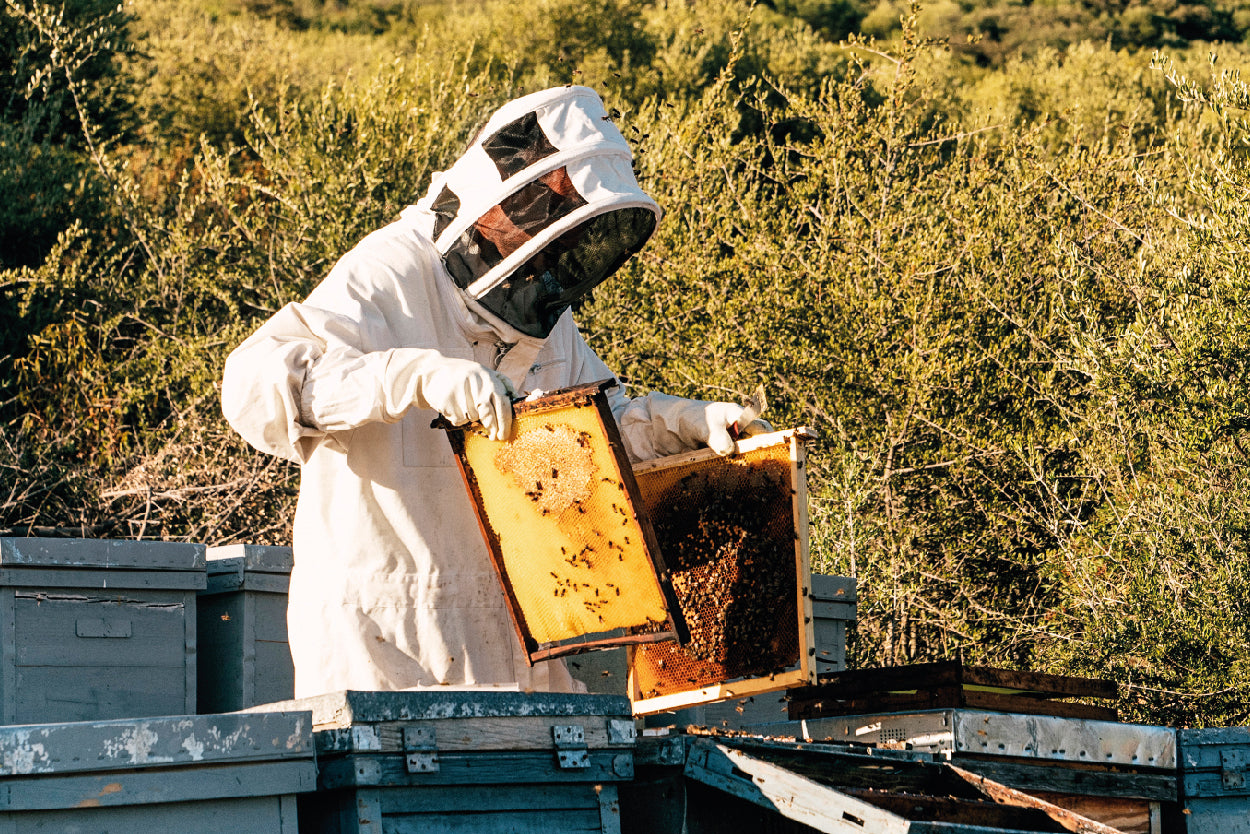Honeycomb is a delicious and nutritious natural food that is often associated with honey. The honeycomb is made up of a series of hexagonal cells that are filled with honey as well as pollen and it is the product of the hardworking bees that live in a hive. Eating honeycomb has a range of benefits, both in terms of taste and health, and it can be a great addition to a balanced diet. However, there are also concerns about the ethics of eating honeycomb, and it is important to consider these issues before making a decision.
Firstly, let's take a closer look at the benefits of consuming honeycomb. Honeycomb is a rich source of vitamins, minerals, and antioxidants, which can help to support overall health and wellbeing. It is also a great source of natural sugars, which can provide a quick boost of energy when needed. Additionally, honeycomb contains enzymes that can aid in digestion, and it has been shown to have antibacterial properties that can help to protect against infections.
One of the main benefits of consuming honeycomb is its taste. The combination of sweet, floral honey and the slightly waxy texture of the comb creates a unique and delicious flavor that many people find irresistible. Eating honeycomb can be a fun and enjoyable experience, and it can make a great addition to a range of dishes, from breakfasts to desserts.
However, there are also concerns about the ethics of eating honeycomb. Bees are essential pollinators that play a vital role in the health of our ecosystems, and there are concerns about the impact of commercial beekeeping practices on bee populations. Some people argue that consuming honey or honeycomb supports these practices, and that it is therefore unethical.
It is important to note that there are different types of beekeeping practices, and not all of them are equally harmful to bees. Some beekeepers prioritize the health and wellbeing of their bees, and take steps to minimize the impact of their practices on the environment. In these cases, consuming honeycomb may be considered more ethical.
Another issue to consider is the potential harm caused to bees when honeycomb is harvested. Bees rely on honeycomb to store honey and raise their young, and removing the comb can disrupt their natural behavior. However, if honeycomb is harvested responsibly and in a way that minimizes harm to bees, the impact may be minimal.
In conclusion, consuming honeycomb can be a delicious and nutritious addition to a balanced diet, but it is important to consider the ethical implications of doing so. Before making a decision, it is important to research the beekeeping practices of the supplier, and to choose products that are harvested responsibly and with minimal harm to bees. By making informed choices, we can enjoy the benefits of honeycomb while also supporting the health and wellbeing of our ecosystems.



